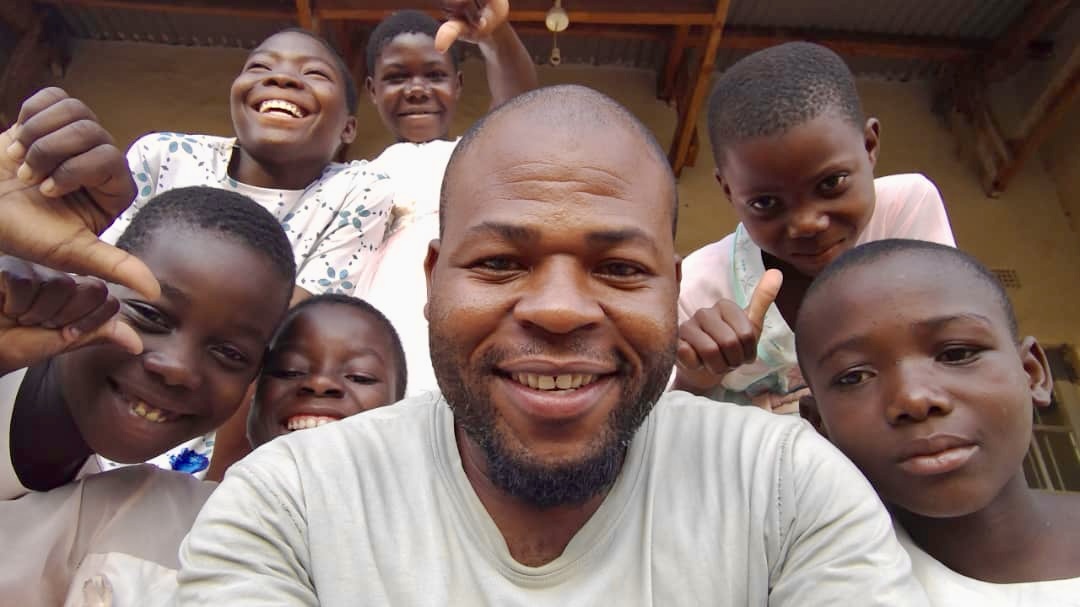Innovation is generally associated with the creation of new products, packaging or a service. I worked for several years in a consulting firm (shout out to Kalypso!) that was focused on new product development and innovation. I had the opportunity to consult with a number of large companies that we focused on optimization of their research and development processes. I am now leveraging that experience to innovate in the area of orphan care.
The method for caring for orphans in Africa has been essentially the same for decades. Small, medium and large institutions, called orphanages, have been built and operated to care for children. These residential institutions are typically funded by people and religious organizations in the west with the best of intentions. The donor's emotions are often impacted by images of poor African children in tattered clothing with flies circling around their heads.
The truth is that these residential institutions have a very poor record of success. An abundance of research conducted over the last 40 years has concluded that children do not fare well in these residential institutions. Below is a short list of poor outcomes:
- No fatherly input (house mothers only)
- Lack of nurturing and love
- Sexual abuse associated with workers and other children is common
- Children have no cultural connection (Children are removed from their family and village)
- Aged out children (18 years old) struggle to cope with unfamiliar cultural norms
- Men have no basis for the role of a husband and father
- And many more.....
n addition, research has demonstrated that residential institutions in Africa and Asia are full of children who are not orphans. Data from many studies suggests that 80% of the residents in a typical orphanage have at least one parent who is alive. Children are often sent to the institutions by their parent(s) for a "better life".
Below are links to several TED Talk videos on the subject of de-institutionalizing orphanages in Africa and Asia.
- Why we need to end the era of orphanages - TED Talk
- Georgette Mullheir: The tragedy of orphanages | TED Talk
- Why there is no need for orphanages in Africa | Lisa Lovatt
Our vision
Orphan Shade was an outcome of thinking and praying about innovating orphan care in Malawi Africa. My friend and ministry partner, Prince Kampomo, and me kicked around various ideas in 2015/2016 change the delivery of orphan care. Prince has socialized our idea to several government ministries, church leaders, NGO's and other interested parties in Malawi. The response has been that the idea is novel and various people would like to see it in action (show me the money!). Therefore, we are now in the process of executing on the vision.
Our vision is to build a basic family home in a tribal village where double orphans (both parents are deceased) reside and where our partner church has a mature church plant. The local church will facilitate and maintain relations with the local chief who represents the community. In addition, the local church will involve and maintain relationship with the child's extended family (grandparents, uncle and aunts).

We believe that our model is simple, repeatable and sustainable:
- The model is simple because the child care is delivered locally by the church, extended family and the community. The most important participants are already in place.
- The model is repeatable because we can replicate this model in many villages. Our partner church has > 90 Tribal Village churches planted in the Southern district of Malawi.
- The model is sustainable because it relies on local delivery, not on a westerners performing the heavy lifting. Ministries in Africa often fail to continue after the western partner hands off the ministry to local personnel or stops showing up.

Subscribe to our Newsletter



.JPG)




